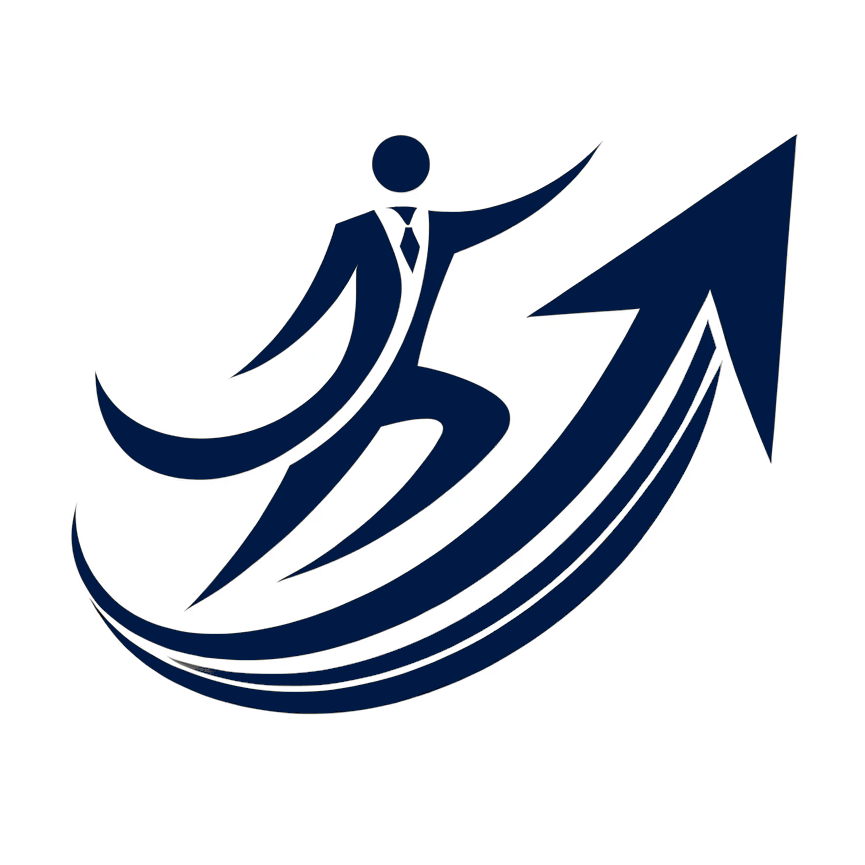- What This Article Covers
- 1. Poor non-verbal communication – lack of eye contact
- 2. Not dressing for the job or company – "over casual"
- 3. Not listening – only worrying about what you are going to say
- 4. Talking too much – telling it all – even if it's not relevant
- 5. Being over-familiar – your new best friend is NOT the interviewer
- 6. Using inappropriate language – you "guys" know what I mean
- 7. Acting cocky – being overconfident – "king of the hill"
- 8. Not answering the question asked – "jumping in without thinking"
- 9. Not asking questions – a missed opportunity you will live to regret
- 10. Appearing desperate – "Please, please hire me!"
We may earn a commission if you click on a product link and make a purchase at no additional cost to you. For more information, please see our disclosure policy.
Last Updated on February 9, 2025
Leaving an interview with uncertainty is common, but you can overcome it by avoiding interview blunders. Start by understanding common pitfalls, then diligently prepare and practice to ensure success. Discover 10 crucial interview pitfalls to watch out for and equip yourself for a flawless performance.
Ace your next interview. Read on for some of the best job interview books that will help you ace your next interview.
What This Article Covers
- Poor Non-Verbal Communication: Learn how to project confidence with proper posture, steady eye contact, and other non-verbal cues.
- Inappropriate Dress: Discover how to dress professionally and align with company culture for a great first impression.
- Failing to Listen: Understand the importance of active listening and adapting to the interviewer’s communication style.
- Talking Too Much: Find out how to keep your responses concise and relevant to the job role.
- Over-familiarity: Learn why maintaining professional boundaries is essential during interviews.
- Using Inappropriate Language: Understand the significance of professional language and topics to avoid.
- Being Overconfident: Strike the right balance between confidence, professionalism, and humility.
- Not Asking Questions: Discover the value of asking insightful questions to show genuine interest and gather important information.
1. Poor non-verbal communication – lack of eye contact
Projecting confidence is crucial during an interview. Ensure you stand tall with proper posture, maintain steady eye contact, refrain from slouching or fidgeting, and greet the interviewer with a firm handshake. The impression you make in those initial moments can determine whether your interview starts on a positive note or ends abruptly. Mastering these confident gestures sets the stage for a promising interview experience, leaving a lasting impression on the interviewer.
Resume review, cover letters and interview preparation. Learn about the critical mistakes you may be making in your resume and cover letters. Find out how to fix it and start getting job interviews.
2. Not dressing for the job or company – “over casual”
In today’s workplace with casual dress codes, it’s crucial not to adopt the same attire for an interview. Prioritize a professional and well-groomed appearance. The level of formality, whether a suit or something less formal, depends on the company culture and the position you’re applying for. Take the initiative to contact the company and inquire about their dress code beforehand to ensure you make a polished and appropriate impression during the interview. Your attire can speak volumes about your professionalism and suitability for the role.
3. Not listening – only worrying about what you are going to say
From the very outset of an interview, your interviewer continually offers you critical information, whether explicitly stated or subtly implied. You risk squandering a significant opportunity without actively listening to the interviewer. Effective communication isn’t merely about speaking but listening attentively and confirming your comprehension of the information.
Observing the interviewer closely allows you to understand their communication style and pace. Adapting to this establishes a connection, fostering more productive and harmonious discussions. This approach isn’t just about imitating your interviewer but about creating a rapport and demonstrating your adaptability, a highly sought-after skill in any professional environment.
This book helps you turn phone screen interviews into in-person interviews and job interviews into job offers. It turns you into a great interviewee.
4. Talking too much – telling it all – even if it’s not relevant
Sharing excessive information with the interviewer can prove to be a detrimental error. Without proper preparation, you tend to digress during the interview, which may jeopardize your chances for the position. Therefore, it’s crucial to dedicate time beforehand to thoroughly prepare for the interview.
Start by closely studying the job description. By doing so, you can align your
5. Being over-familiar – your new best friend is NOT the interviewer
An interview is a professional encounter to discuss business matters, not a social event to forge new friendships. Your level of familiarity should be calibrated to match the interviewer’s demeanor. While it’s crucial to approach the interview with a lively spirit and enthusiasm and to pose pertinent questions, it’s equally important to maintain the appropriate boundaries as a job candidate. This balance allows you to demonstrate your interest and engagement without overstepping the professional parameters of the interview context.
Jobscan helps you optimize your resume for any job, highlighting the key experience and skills recruiters need to see.
6. Using inappropriate language – you “guys” know what I mean
Maintaining professional language throughout the interview process is fundamental. Be mindful to steer clear of any slang or language that could be deemed inappropriate. Furthermore, refrain from discussing sensitive subjects such as age, race, religion, political affiliation, or sexual orientation. Conversations around such topics have the potential to abruptly end the interview, thus it’s advisable to focus on your
7. Acting cocky – being overconfident – “king of the hill”
Your attitude significantly influences the outcome of your interview. Striking the right balance between confidence, professionalism, and humility is crucial. While showcasing your capabilities is important, overplaying your performance can be just as detrimental, if not more so, than appearing overly reserved. Demonstrate your competence and enthusiasm genuinely and moderately, ensuring a professional yet authentic impression.
Ace your next interview. Read on for some of the best job interview books that will help you ace your next interview.
8. Not answering the question asked – “jumping in without thinking”
When an interviewer asks for an “example of a time,” you did something, he seeks a sample of your past behavior. If you fail to relate a “specific” example, you don’t answer the question and miss an opportunity to prove your ability and tell about your
9. Not asking questions – a missed opportunity you will live to regret
When asked, “Do you have any questions?” many candidates respond with a “No.” However, this is a missed opportunity! Inquiring further is important as it signals your keen interest in the company’s activities and culture. Moreover, this interaction can provide valuable insight into whether the organization aligns with your career aspirations and values.
The most thoughtful and impactful questions often stem from actively listening during the interview and seeking further clarification or details on discussed topics. Thus, by answering and asking the right questions, you can engage more deeply with the interviewer and further assess the potential fit with the company.
Why should only hiring managers and recruiters be in control of your job destiny? This book will empower you at every step of the hiring process, guiding you to understand your own skills and priorities, how to find the company that can give you what you want, and how to “flip the interview” to get real answers to your most important questions.
10. Appearing desperate – “Please, please hire me!”
Navigating a challenging job market can be stressful, and the pressure to secure employment can be overwhelming. However, adopting a ‘please hire me’ attitude during an interview can portray you as desperate and diminish your self-confidence. Instead, strive to embody the three “C’s” throughout the interview: Coolness, Calmness, and Confidence. You know you have the
Everyone makes mistakes, and it’s part of being human. We often laugh at ourselves when we fumble over words or forget even the most familiar names. However, during an interview, the aim is to present yourself as prepared and polished as possible. If you make a mistake, view it as a human error and a learning opportunity. Meanwhile,
Learn Exactly How To Correctly Prepare For An Interview & Give Yourself The Best Possible Chance Of Getting Hired In The Modern Job Market
Related posts:
Joey Trebif is the pen name of Mark Fiebert, a former finance executive who hired and managed dozens of professionals during his 30-plus-year career. He now shares expert job search, resume, and career advice on CareerAlley.com.











